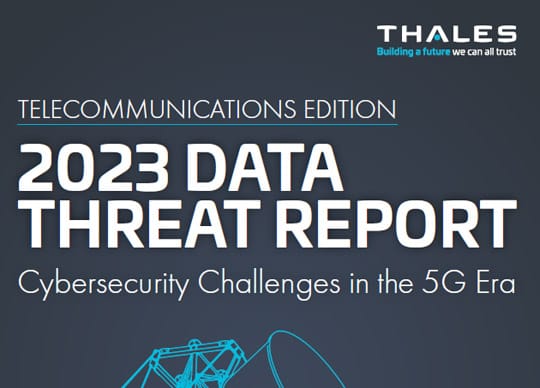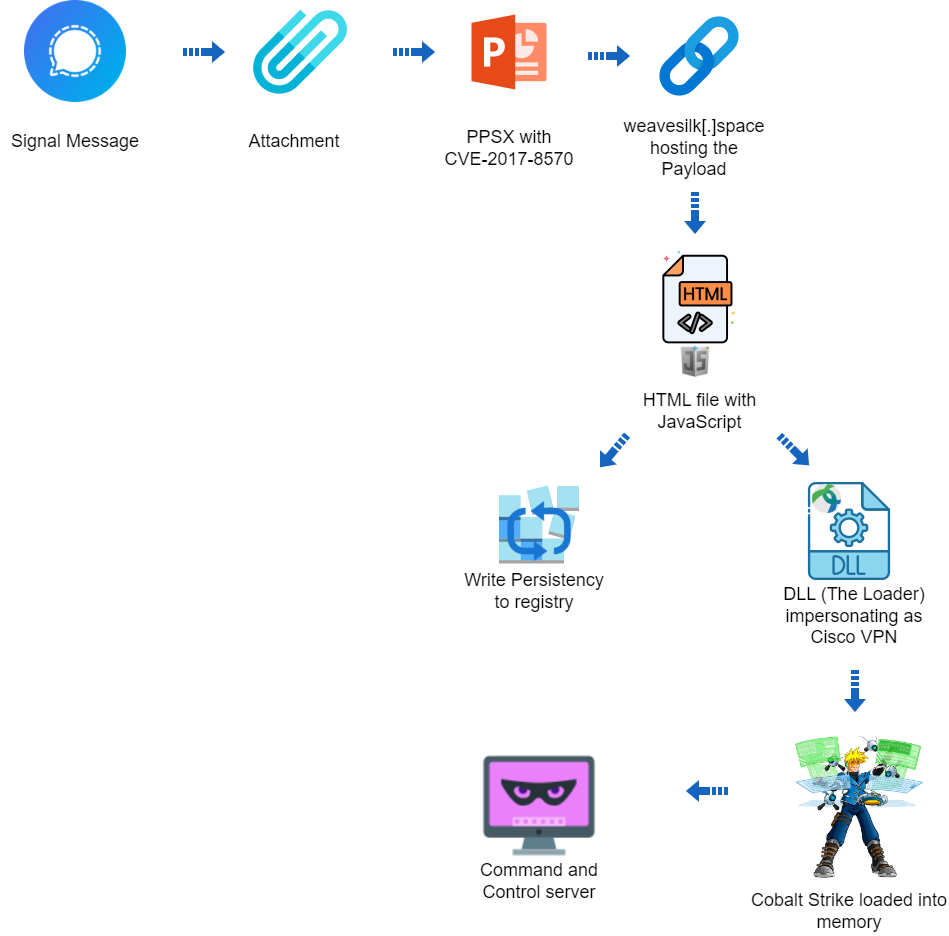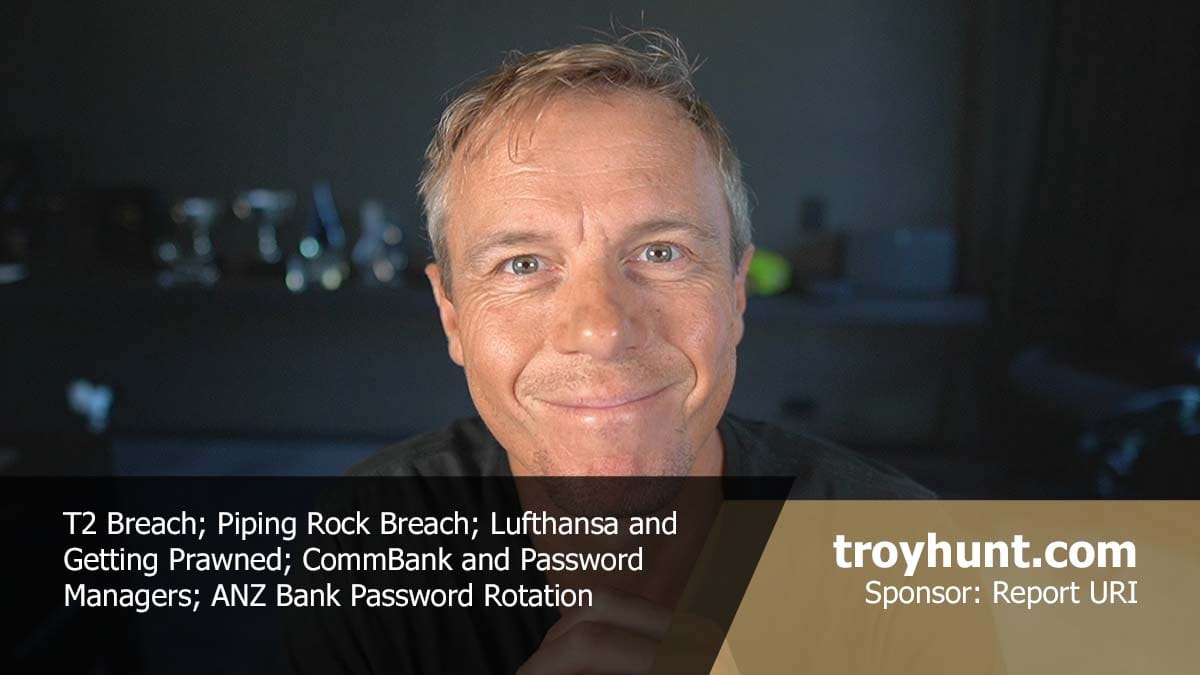
Vodafone, Telstra, and Optus have announced they will start phasing out the 3G network across Australia and New Zealand in the next 12 months to make way for 5G.
True 5G is materially different from 3G and 4G, promising huge performance and capacity improvements. However, with just a fraction of 5G functionality currently in place, we’ve yet to experience its ultimate capability – or fully understand the extent of its security implications.
A new global report by cloud security expert Thales – 2023 Data Threat Report, Telecommunications Edition – has found the security risks, not only in owned infrastructure, but also from third-party devices that are connected to the network, are concerning 81% of telecoms professionals.
As telecoms companies navigate the security of their own 5G systems and data, they are also expected to secure millions of customers across various industries in an environment that is a high-value target for attackers. Yet with telecom providers suffering from higher levels of human error (50%) than any other industry (35% average) and just 1% of respondents encrypting more than 90% of their sensitive data, much more needs to be done as the region prepares to ramp up its 5G deployment.
Brian Grant, APAC 5G Market Leader for Thales Cloud Security, highlights key security challenges facing the region’s telecom industry, “While there is already some 5G functionality in place, we’ve only seen a fraction of its true capability to date. Replacing 3G – and 4G at a future date – with 5th generation (5G) network technology is not a quick or easy task – and understandably security is a significant concern across the telecom industry and broader enterprise & government markets.”
“True 5G is materially different from legacy 3G and 4G networks. It offers massive performance and capacity improvements, delivers critical network functions as virtualised services, and has the potential of pushing centralised or cloud-hosted services to the network edge – making them faster and less latency constrained than ever before.”
“The advent of greater, faster 5G network capacity comes with huge social and business opportunity; it’s the ultimate promise of potential. But it also brings a new set of risks. When we speed things up, we achieve the benefit of near instantaneous execution – yet we also introduce the risk of near instantaneous consequences if systems are compromised. No manual intervention is available. If the responsibility of 5G security is not taken seriously in an era of autonomous systems, the consequences could be catastrophic.
“While there’s still so much telecom providers can’t yet anticipate about the future deployment and security threats to 5G, the fact remains that 5G is built on data like every digital system. As a result, embedding data security is paramount to ensuring the positive potential of 5G is realised.”
Data Threat Report, Telecommunications Edition 2023 – Summary
- More than three quarters (81%) of telecom respondents are concerned about 5G security risks
- Three quarters (78%) are most concerned about protecting the identities of devices, people and things connected to 5G networks
- Almost nine in ten (87%) report human error as the most identified security threat, with a third (33%) ranking it as their top threat
- Cloud-based resources are the leading targets of attackers: cloud storage (33%), followed closely by SaaS apps, cloud databases and cloud hosted IaaS/PaaS.
- 80% of telecom respondents have two or more cloud providers and are using an average of 113 SaaS apps, 16% higher than other industries
- Nearly half of telecom respondents (44%) say they have experienced a data breach in their cloud environment
- Half (50%) of the telecom survey respondents indicated that human mistakes or misconfigurations allow threat actors to infiltrate systems – higher than any other industry, where the global average is 35%
- Worryingly, just over one in ten (13%) respondents say that 60% of their cloud data is encrypted, while only 1% have more than 90% of their sensitive data encrypted
- More than half (53%) of telecom respondents indicate that it’s more complex to manage data in cloud than in on-premises environments
You can read the full report here.











